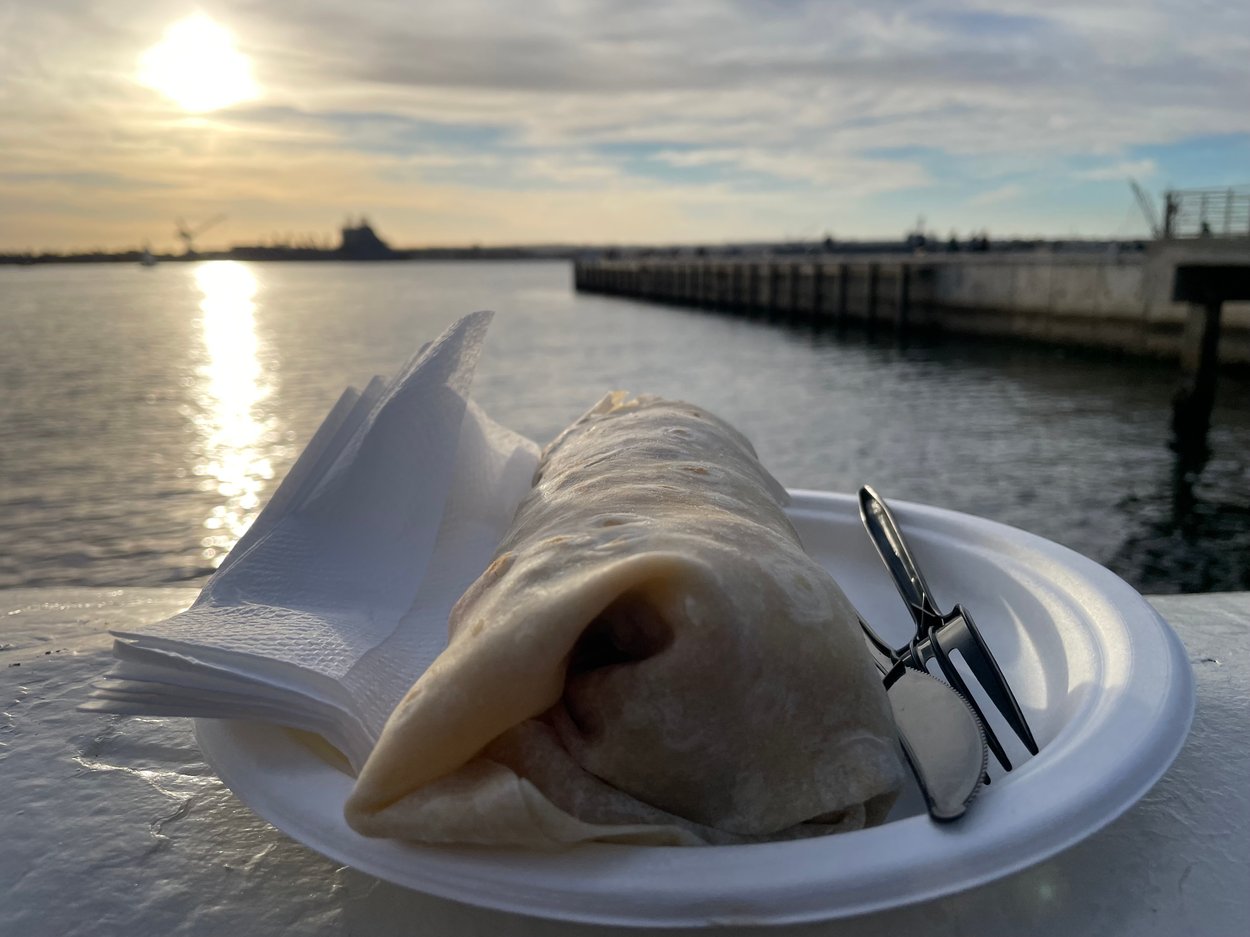
Lymphoma
Seagen Hodgkin's drug works well alongside other therapies in mid-stage trial
Antibody-drug conjugates, or ADCs, can be potent and precise cancer killers. These drugs link an antibody, which latches on to a cancer cell, with a chemotherapy drug that takes out its target. Adcetris is a perfect example. The drug, sold by Seagen, a publicly traded biotech company in Washington, combines an antibody that grabs hold of CD30, a protein found in high amounts on the surface of Hodgkin's lymphoma cells, and monomethyl auristatin E, which blocks the activity of tubulin, an essential protein that provides cells structure and support
In a pair of presentations, researchers at ASH shared updated results from an open-label mid-stage study showing that Adcetris works well as a first-line therapy for classical Hodgkin's lymphoma when paired with the checkpoint inhibitor nivolumab, which blocks PD-1, and the chemotherapy drugs doxorubicin and dacarbazine. An analysis of 154 patients with early-stage disease in the trial, dubbed SGN35-027, showed that 93% had a complete response by the end of treatment, and that 98% of these responses were maintained 12 months later. And 18 months after treatment, only 3% of patients had seen their cancer worsen.
When researchers looked at 57 patients with advanced disease, they found that 89% had a complete response and that nearly the same fraction of those responses were maintained 24 months later. No deaths were reported in the study, and most adverse events were mild and consistent with what researchers have seen with the use of nivolumab alone.
Adcetris is already used as a treatment for CD30-containing lymphomas, and last year the drug brought in $839 million in sales for Seagen. These latest results are part of a push by the company to widen its use beyond the seven indications for which it has already been approved.
Look-AHEAD
Advances in less-buzzy bone marrow transplant for sickle cell disease
It's easy to forget amid the landmark approvals of gene therapies for sickle cell disease that there's an existing treatment that can cure patients: a bone marrow transplant. In fact, doctors know transplants have a 95% cure rate in children, and they've been doing them for decades.
But these treatments require would-be recipients to have a well-matched donor and to go through grueling chemotherapy to clear out their bone marrow stem cells, factors that have ruled out the vast majority of sickle cell patients, especially those who are older and whose organs have been ravaged by a lifetime of disease.
Researchers at ASH will report new data tomorrow showing that sickle cell patients can safely receive blood stem cells from half-matched donors, such as a parent, child, or sibling. The mid-stage trial doesn't use the kind of heavy chemo that wipes out stem cells, instead employing a gentler regimen that prevents donor immune cells from attacking their new host. Such transplants cost about $300,000 compared to $2.2 million to $3.1 million for the new gene therapies, which, much like traditional bone marrow transplants, do wipe out a patient's blood stem cells as part of treatment. Stay tuned for a story from Jonathan tomorrow on the findings and their implications.
CAR-T
Yescarta continues to show improved outcomes as frontline therapy in three-year followup
CAR-T has steadily been crawling toward earlier lines of therapy over the last decade. Researchers working with Kite Pharma's Yescarta will present data this afternoon from the ZUMA-12 trial, the first phase 2 study testing CAR-T in frontline therapy for high-risk large B cell lymphoma. Earlier studies on Yescarta, or axi-cel, showed that the therapy was highly effective in later lines of therapy — with about half of patients achieving a complete response in the fourth-line therapy, said Frank Neumann, the global head of clinical development at Kite.
In the first-line setting, 86% of patients had a complete response in ZUMA-12 at the three-year follow up. That confirms the hopes of oncologists who believed moving CAR-T up to earlier lines of therapy would improve outcomes for patients eligible for the treatment. "These responses are durable. What it basically tells you is for these difficult-to-treat patients, where the prognosis is bad, cell therapy Yescarta seems to be a very promising option. People around us are talking about a potential cure," Neumann said. "The earlier you treat, the better the efficacy."
Kite is now enrolling patients in ZUMA-23, which will test Yescarta in the same setting in a larger, worldwide population.






No comments